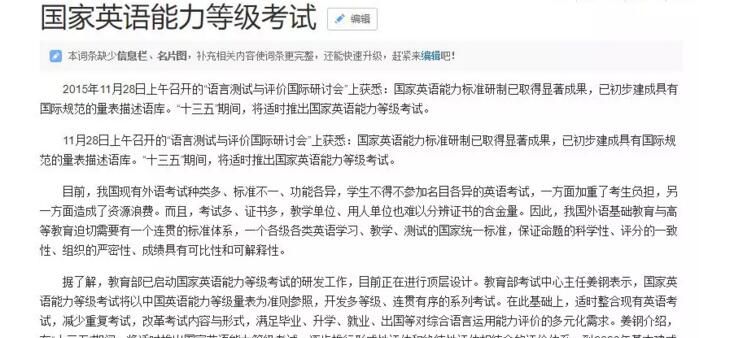|
21. Which one of the following best describes the main idea of the passage? (A) Although they disagree about the degree to which economic motives influenced Britain's abolition of slavery, Drescher and Eltis both concede that moral persuasion by abolitionists was a significant factor.
(B) Although both Drescher and Eltis have questioned Williams' analysis of the motivation behind Britain's abolition of slavery, there is support for part of Williams' conclusion.
(C) Because he has taken into account the populist characteristics of British abolitionism, Drescher's explanation of what motivated Britain's abolition of slavery is finally more persuasive than that of Eltis.
(D) Neither Eltis nor Drescher has succeeded in explaining why support for Britain's abolition of slavery appears to have cut across lines of party, class, and religion
(E) Although flawed in certain respects, Williams' conclusions regarding the economic condition of British slave colonies early in the nineteenth century have been largely vindicated. 22. It can be inferred that Eltis cites the views of "certain notables" (line 35) in order to (A) support the claim that British traditions of liberty were not as trong as Drescher believed them to be
(B) support the contention that a strong labor force was important to Britain's economy
(C) emphasize the importance of slavery as an institution in preindustria Britain
(D) indicate that the laboring classes provided little support for the abolition of slavery
(E) establish that laborers in preindustrial Britain had few civil rights 23. Which one of the following best states Williams' view of the primary reason for Britain's abolition of the slave trade and the emancipation of slaves in its colonies? (A) British populism appealed to people of varied classes, parties, and religions.
(B) Both capitalists and workers in Britain accepted the moral precepts of abolitionists.
(C) Forced labor in the colonies could not produce enough goods to staisfy Bfritish consumers.
(D) The operation of colonies based on forced labor was no longer economically advantageous.
(E) British workers became convinced that forced labor in the colonies prevented paid workers from rreceiving higher wages. 24. According to Eltis, low wages and Draconian vagrancy laws in Britain in the seventeenth and eighteenth centuries were intended to (A) protect laborers against unscrupulous employment practices
(B) counter the move to enslave unemployed laborers
(C) ensure a cheap and productive work force
(D) ensure that the work force experienced no unemployment
(E) ensure that products produced in British colonies employing forced labor could compete effectively with those produced in Britain 25. It can be inferred that the author of the passage views Drescher's presentation of British traditions concerning liberty as (A) accurately stated
(B) somewhat unrealistic
(C) carefully researched
(D) unnecessarily tentative
(E) superficially convincing 26. The information in the passage suggests that Eltis and Drescherr agree that (A) people of all classes in Britain supported the abolition of slavery
(B) the motives behind Britain's abolition of slavery were primarily economic
(C) the moral vision of abolitionists played a vital part in Britain's abolition of slavery
(D) British traditions of liberty have been idealized by historizns
(E) Britain's tradition of political activism was primarily responsible for Britain's abolition of slavery 27. According to passage, Eltis argues against which one of the following contentions? (A) Popular support for antislavery measures existed in Britain in the early nineteenth century.
(B) In the early nineteenth century, colonies that employed forced labor were still economically viable
(C) British views concerning personal liberty motivated nineteenth-century British opposition to slavery
(D) Widespread literacy in Britain contributed to public opposition to slavery in the early nineteenth century.
(E) Antislavery measures proposed by conservative politicians in the early nineteenth century met with little opposition | 







